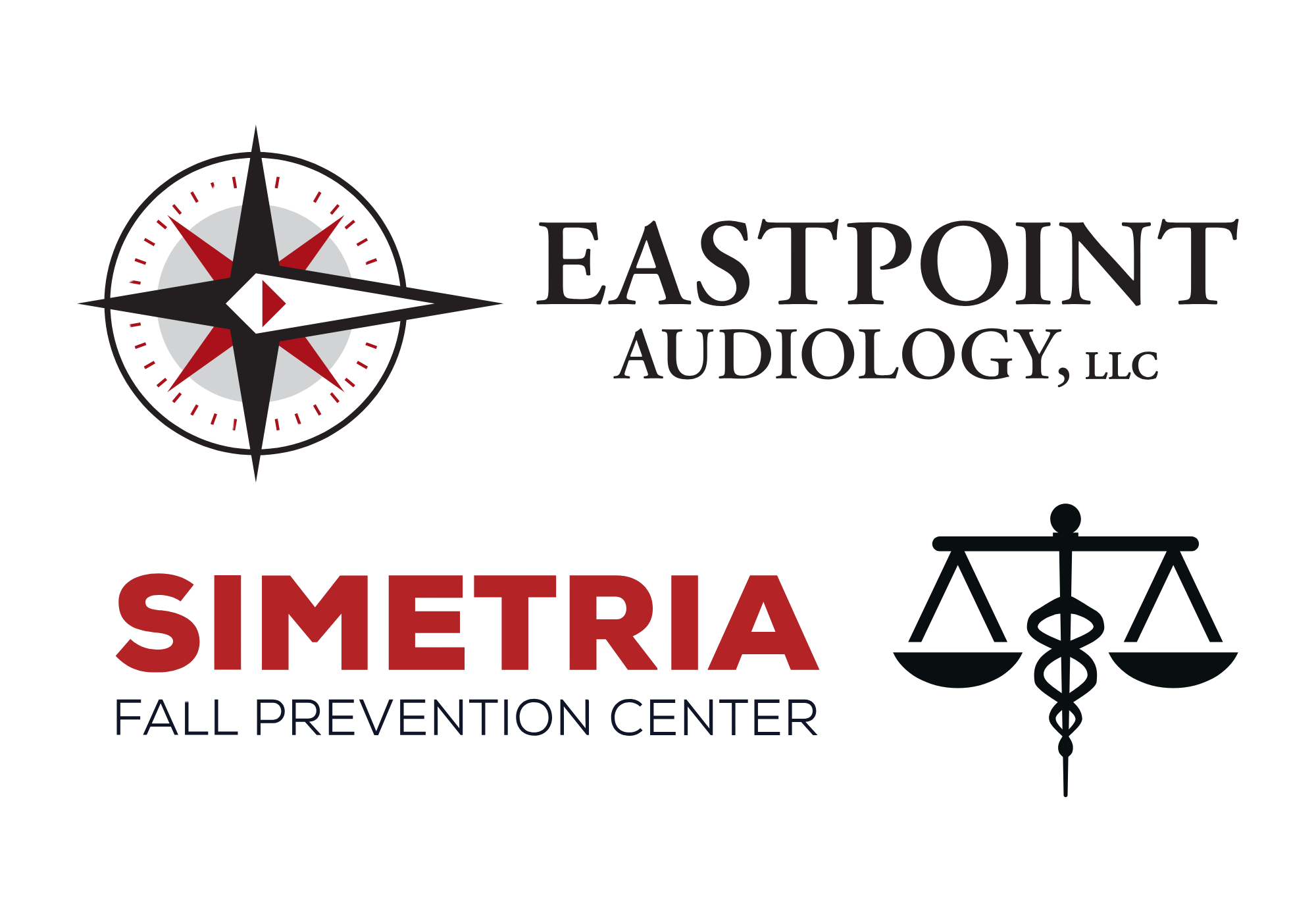
Autumn is one of the best times of the year. Imagine yourself settling back and enjoying the sounds– children laughing on Halloween, the leaves crunching as you walk, the fire crackling, and your loved ones around the table at Thanksgiving. Now picture a scenario where you are unable to hear those sounds or they are dulled.
Missing out on these sounds can take the pleasure out of the season. The good news is, if you have problems with your hearing, it might be short-term and caused by things that are easily avoided or reparable. Take these steps to safeguard your hearing, and enjoy autumn to its fullest.
Tips for preserving your hearing
There is unequivocal evidence showing that exposure to loud sounds can lead to temporary hearing loss and that long-term exposure can turn it into a permanent problem. Excessive volume can harm the delicate parts of your inner ear, so it is important to take steps to minimize the danger.
A one-time, very loud sound like an explosion can cause short-term hearing loss, and while prompt medical attention can help limit the effects, that’s hard to avoid. Prolonged exposure to sounds measuring 85 decibels or louder can lead to hearing damage and is typically more preventable.
Heavy traffic comes in at 85 decibels, and sirens come in at 120 decibels. Firecrackers and fireworks can also damage your hearing. Think twice about putting in earbuds and cranking up the music, as the sound is even closer to your inner ear. (Regrettably, there are no exemptions for your favorite song when it comes to earbuds or headphones.)
Among the highlights of fall are outdoor gets together and performances. The enjoyable weather continues, making it an ideal time to head to a nearby park, where you can fire up a barbecue and take pleasure in a relaxing picnic on a blanket. Take care, though, if you sit right in front of the speakers, you may be confronted with a whopping 140 decibels. Even further back, the decibel level at concerts is usually in the danger zone.
What’s the best course of action to take?
Protecting your hearing by wearing earplugs is one of the most helpful things you can do. You will still be able to hear the music and enjoy the fireworks, just with less possible damage to your hearing. Avoid the urge to nudge closer to the speakers as the evening goes on, no matter how tempting it may be.
Protect your ears from cold weather
Protecting your ears as the weather cools down and more blustery is important to avoid infections. Be certain you and your family are using ear muffs or a hat. You might think of your children and grandchildren when you think of ear infections, but adults get them as well. These infections cause fluid to accumulate in your middle ear, and they result in inflammation. Discharge from the ear, discomfort, and impaired hearing are potential symptoms you may experience.
Get immediate medical attention if you’re experiencing symptoms of an ear infection. It might be an indication of another medical issue, and lack of treatment is hazardous not just for your hearing but also for your overall health.
Safely clean out earwax
That pesky earwax might get on your nerves, but it serves the important purpose of capturing dirt, bugs, and debris before they reach your inner ear. If you have excessive earwax, though, it can be a concern, particularly if it blocks your hearing.
The first step in preventing hearing problems caused by earwax is prevention. You might have spent decades grabbing a cotton swab or some other item to clear wax, but please break that habit. Cotton swabs push the wax into your ear canal, causing a blockage and hearing loss.
Consider utilizing ear cleaning solutions, such as hydrogen peroxide or over-the-counter ear drops, to gently clean your ears. Allow the drops to sit there for a little while, then incline your head to facilitate drainage. If you don’t want to clean your ears or are afraid that the blockage is too much, consult a hearing professional. Specialised tools are available to them that will streamline the job.
Medications may be the cause
A sudden decline in your hearing abilities after beginning a new prescription might be a side effect of the medication itself. Some antibiotics, high amounts of aspirin, and various medications like diuretics can cause issues with hearing. If this is an issue for you, contact your doctor right away and inquire whether you should keep taking your medications.
Be sure to have any decline in your hearing immediately checked out.
Get in touch with a hearing care professional if you are experiencing hearing loss this season.
